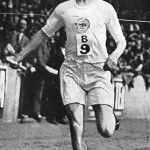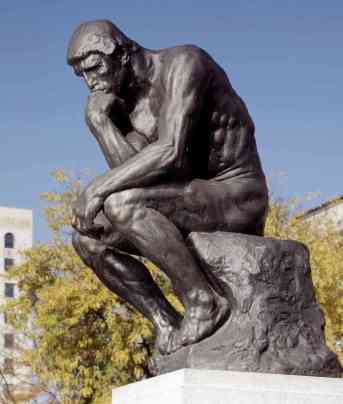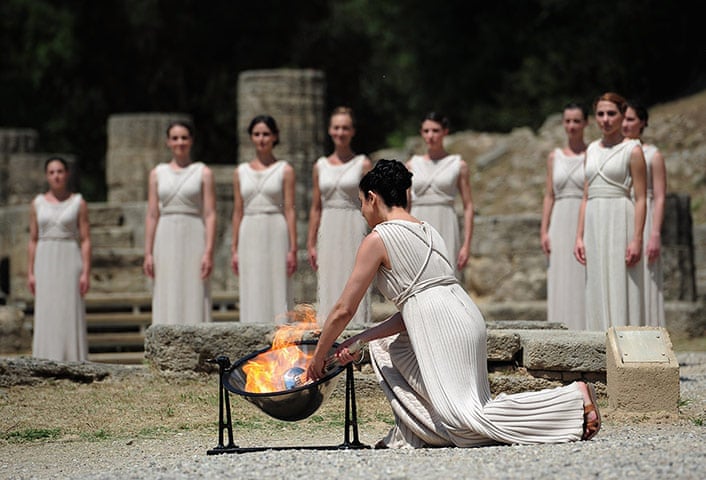 I returned home from boarding school in Nainital in the Himalayas, aged ten, to find everything in my father’s life had changed. He, aged 56, had taken up yoga. And so our mornings became dramatic with simhasana, the lion’s roar, which punctuated the hour long yoga session, which was precious to him, and soon became indispensable to his peace, mental wellness, ability to cope with stress, and, of course, to his physical strength and flexibility.
I returned home from boarding school in Nainital in the Himalayas, aged ten, to find everything in my father’s life had changed. He, aged 56, had taken up yoga. And so our mornings became dramatic with simhasana, the lion’s roar, which punctuated the hour long yoga session, which was precious to him, and soon became indispensable to his peace, mental wellness, ability to cope with stress, and, of course, to his physical strength and flexibility.
His hour of yoga, to which he added an hour-long walk, brought mental calm and physical strength, and changed the texture and course of his life. He worked a demanding job as Controller of Accounts at Tata Steel and after his retirement worked as Financial Controller at Xavier Labour Relations Institute, XLRI, Jamshedpur, the local Business School, retiring for the second time at 68. He continued daily yoga and walking for the last 33 years of his life, until he died close to his ninetieth birthday. (It was only in the last few weeks of his life, when he was crushed and burdened by clearing out and selling his in-laws house which my parents had inherited—along with a lawsuit from disgruntled family members who wanted it–that he abandoned these disciplines, a parable for me on not bequeathing clutter, and never abandoning exercise).
For most of my life, I did not exercise. As a Christian, I observed that the Bible was silent about it, referring to running and walking as metaphors, not injunctions. Shouldn’t the fitness developed by the tasks of our life, and maintaining our homes and gardens give us the strength we need for our lives? Do we need the extra fitness developed by running, lifting weights, or yoga? Each time I see super-fit people grunt as they lift super-heavy weights in the gym, I still wonder if we really need that high degree of fitness.
However, I am not physically strong, and becoming stronger would give me the physical strength and mental energy necessary for the many sedentary hours that I would love to spend reading and writing. Also, the 10,000 to 13500 steps I aim to walk every day is transforming my life as it gives me the opportunity to explore so much more of this green earth.
In The Joy of Movement: How Exercise Help Us Find Happiness, Hope, Connection, and Courage psychologist Kelly McGonigal says “being active increases all the other joys in your life: it improves your relationships, it helps you focus, it improves your mental health, it can help people recover from depression and grief. People who exercise on any given day have better social interactions with other people, and being physically active reliably increases your optimism, your hope, and your sense of energy,” (in Gretchen Rubin’s summary.)
Though I have lost 81 pounds over the last few years by pretty much cutting out sugar, chocolate, wheat, rice, potatoes and other starchy carbs, and more recently fruit, beans, lentils, milk, and starchy vegetables ( I know, I know, but it’s a short-term thing), I have more pounds, more stone, to lose. And so, I exercise some.
And yoga has been as much of a blessing for me as it was for my father. Not being naturally coordinated or athletic, I am not a gifted yogi; however, yoga classes provide me a quiet space for an hour to move my body, stretch, think and even pray. And the thinking is better for the movement.
I started yoga with a Can’t-Do list. Holding Down Dog was tiring, and adding a Three-Legged Dog seemed a step too far, and then adding “Knee to Nose,”— outrageous! Holding planks was excruciating, side planks were nigh impossible. And Wild Thing… are you kidding? Tree, Eagle, Floating Half Moon, forget it.
However, I have been doing Yoga for over three years now, two or three times a week if possible, in classes at the gym. I often shyly go up to the front (though, sadly, the yoga class convention is that the inexpert hide at the back and imitate, while the skilled go in front). But up front, close to the teacher, I can watch carefully and imitate. I realise how I have unconsciously been taking short-cuts and not been pushing my body to the full reach and strength of the pose. And I realise that if I take my time, and am perhaps a few seconds behind everyone else, I can, I really can, get my body briefly into the poses I thought I was too weak or balance-challenged for. Hello Side Plank, Tree, Wild Thing, Floating Half-moon, Malasana: Yogic squat, and “Warrior Three.”
And, since when it all fades away, what I am through and through, the most essential thing about me, is that I am a Christian, a stumbling Christian, as faltering and bumbling a Christian as I am a yogi—as I do yoga (you probably saw this coming!) I sometimes reflect on following Christ.
When, aged 17, I started my zigzagging adventure of trying to follow Christ, there were things I thought I could never do. Forgive the sociopaths in my life—are you kidding? Keep my temper when those around me were losing theirs? Nah. Consistently practice the empathy required to treat others as I would like them to treat me? Think before speaking or writing when I am angry? Keep my eyes on Jesus and check in with him in everything I do? Live in love? Be gentle. How?
I am not a good Yogi, and I am a limping Christian. However, as I follow the teacher as precisely as I can, I find my body becoming stronger and more flexible, and my mind more calm and more peaceful. And as I read or listen to a chapter of the Gospels every day, as I try in small things to do what Jesus says, as I increasingly decline to do what he specifically tells us not to do (“do not judge,” “do not worry,”) I find my life more blessed, more guided, more open to his inspirations, more happy, and more peaceful. The progress in both these areas is, of course, probably only visible to me, and to God, and that must suffice.
* * *
The best book I know on using exercise to improve our ability to think, read, write and create fast is
Spark: How Exercise will Improve the Performance of Your Brain, by Harvard psychiatrist, John Ratey on Amazon.com Amazon.co.uk
And if you have extra reading time, perhaps read my art-inspired illustrated story Francesco: Artist of Florence on Amazon.com or Amazon.co.uk. I am very fond of it.
I am doing Yoga with Adriene during lockdown, but normally do yoga in real life with Lisa Cuerden.
Image source: Pixaby Creative Commons, CCO Public Domain















